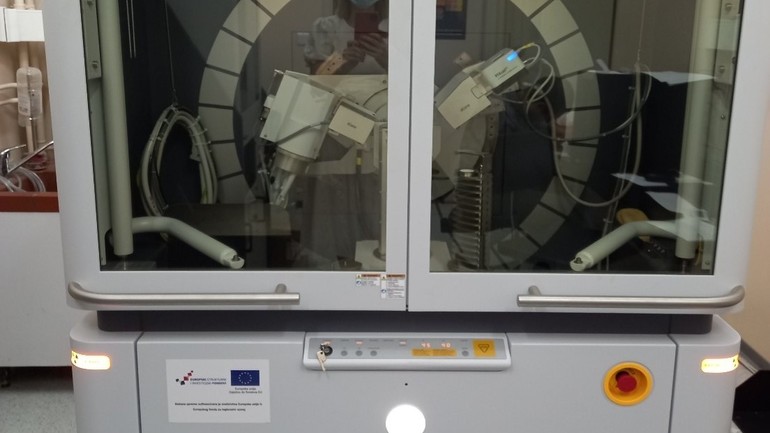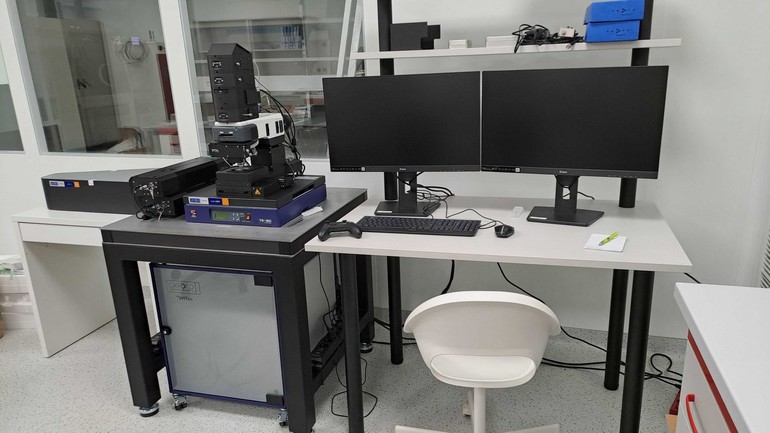The rate at which new products can be developed, is closely linked to the capability of researchers to develop new technologies for advanced materials production and to have ability to characterise them across a range of spatial and temporal scales.
Knowledge generated by research Infrastructures in materials science - often focused on analytical facilities – is essential to ensure future progress such as in the development of new and advanced materials.
Nano-science and technology embraces materials science, materials technology and engineering. It studies the manipulation or self-assembly of individual atoms, molecules, or molecular clusters into structures to create materials and devices with new properties. There is no doubt that nano-science and technology is, and will be, one of the major research and development areas for the coming decades.
Due to its very multidisciplinary nature, a broad range of characterization techniques able to study materials properties at micro- and nano- scale are needed. No less important is a range of conventional, smaller and dedicated equipment as well.
Although some of these techniques already exist at the RBI, its organization into characterization sub-units combined with the acquisition of new instruments will simplify researchers’ access to modern materials research equipment.




